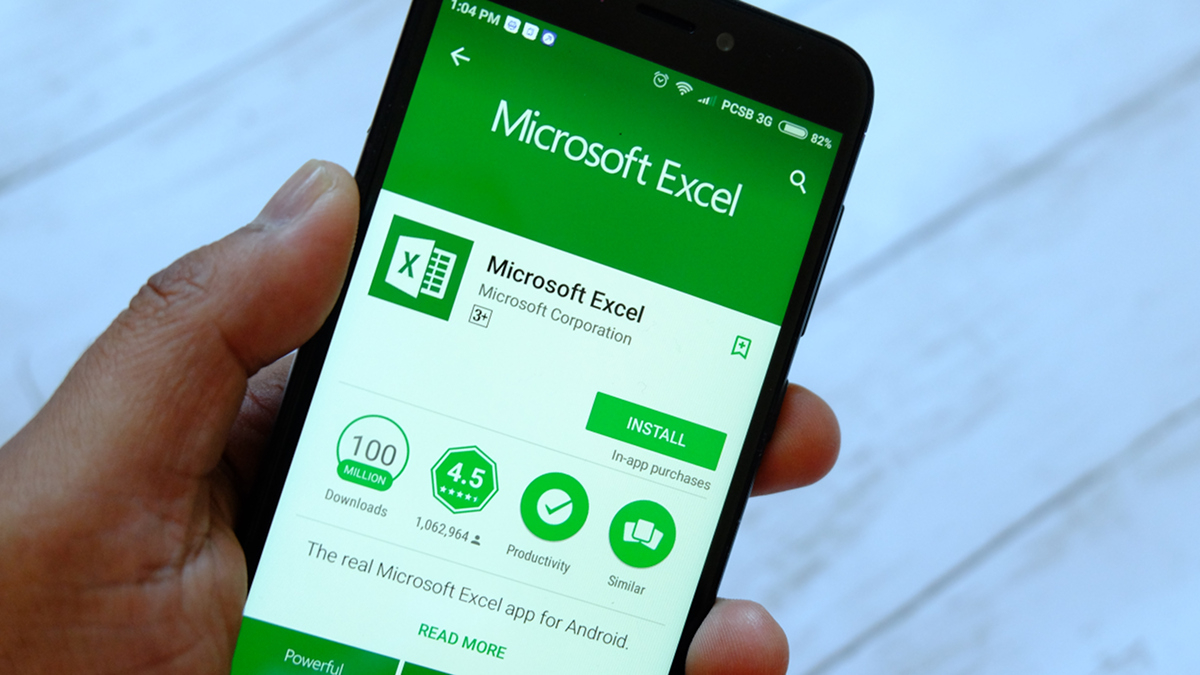What consumers should know in March
2022 is a year when some tasty legislative changes are expected to benefit consumers. Some of these apply immediately. Before you complete your next subscription online or sign a membership contract, you should know them.
The end of long notice periods has come. With the entry into force of the new Telecommunications Act in December, there has been an end to unwanted extensions of cell phone or Internet contracts year after year. On March 1, 2022, further consumer contracts will follow suit.
From March 1, 2022: notice period reduced to 1 month
If you conclude fixed-term contracts from March 1st, they may no longer contain a notice period of three months – as has been the case up to now. Instead you can up to one month before the end of the contract terminate in due time. This applies to streaming services, for example, but also to your gym membership.
The one-year extension if the notice period is missed is also over. Contracts that have not been terminated are automatically extended “indefinitely” at the end of the agreed term (source: Consumer Center North Rhine-Westphalia). Means: You can after the end cancel at any time with a notice period of one month.
The termination itself should be much easier in many cases: If you have concluded a fixed-term contract online, providers must go to their homepage integrate a cancellation button from July 1, 2022. The goal: It must be possible to get rid of a contract as easily as it is concluded, instead of searching forever for hidden cancellation options.
Amazon, Check24 and Co.: Online marketplaces are held accountable
Whether Amazon, Check24, eBay or Otto: From May 28, 2022, online marketplaces and comparison portals must disclose according to which criteria your search results are presented will. This is how you want to create more transparency for customers. Among other things, Amazon and Co. must also provide information on whether and how they determine whether customer reviews come from real buyers.
Online purchases and contracts are really upgraded – we show you how you can save here:
For sales contracts in general, the so-called Reversal of the burden of proof extended. This means that if you discover a defect or damage after purchase, it will be assumed in your favor that it existed at the time of purchase. This assumption was previously valid for up to six months after purchase, since January 1 it has been extended to one year. This means you can claim a longer warranty from commercial sellers.
In the event of faulty software, app crashes or massive restrictions on Netflix and Co., customers may have the option of reducing payments, claiming damages or terminating them in addition to the right to have the defects rectified. Software providers are also, for example, over the entire contract period obliged to functional updates – regardless of whether you pay for the use or “only” make your data available.


